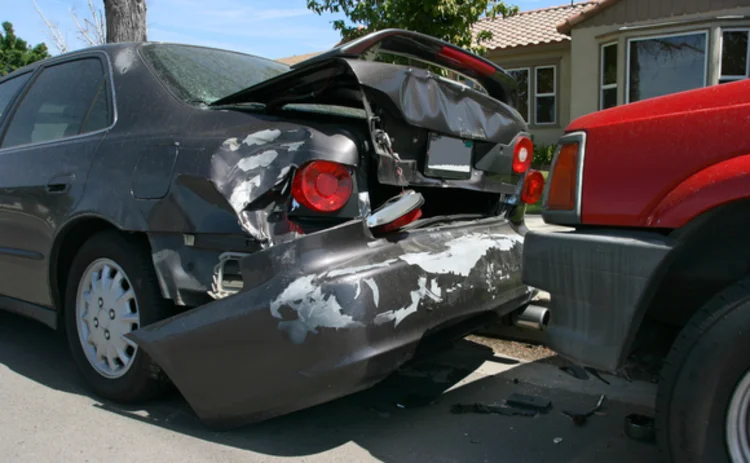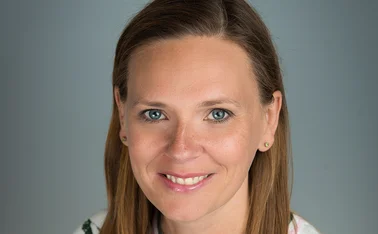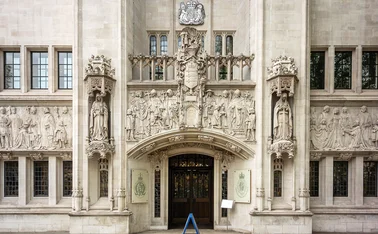
UK body repair sector reports claims down more than 70% due to Covid-19 restrictions

Less than two weeks into a ‘partial lockdown’ that some fear could last six months, slightly under three quarters (72.2%) of respondents to the UK Body Repair Covid-19 Survey reported that claims notifications were already down more than 70%, with almost half (49.1% ) of bodyshops saying they had now suspended trading and roughly a quarter (24.3%) suggesting they were likely to follow suit.
The week-long survey carried out by Trend Tracker, in partnership with ARC 360 and the National Body Repairers Association, generated more than 220 responses – representing over 500 individual sites – with turnovers ranging from below £1m to those greater than £10m per annum.
Mark Bull, managing director of Trend Tracker, said: “We know that Covid-19 has had a hugely damaging impact on the sector, both in the UK and globally. From a UK perspective, we wanted to back up the anecdotal views with evidence-based data, so we can understand how bodyshops and their supply chain can navigate its way through this most challenging of times, and consider how the industry may emerge out the other side.
‘We also appreciate that there is a time lag between countries experiencing the challenges Covid-19 brings to automotive repair industry, so this survey may assist markets in other parts of the world prepare for what is coming down the road.”
The survey found 82.9% admitting the pandemic was a ‘disruptive’ influence on the supply of original equipment manufacture parts, mainly due to key agents closing down. However, just under half said they had experienced no issues at all regarding the supply of paint and materials (45.9%), aftermarket parts (45.2%), and green parts (52.6%).
In terms of staffing levels, only 14% of respondents had retained their entire workforce on full pay, with 64.7% saying employees had been furloughed. Less than one in 10 businesses said they expected to take on new staff or apprentices in the next three months.
Many bodyshops admitted cashflow is their biggest concern and have urged work providers to introduce a range of support measures to help them remain viable. These include: quicker payment of invoices; higher labour rates during the crisis; support with courtesy car allocations; and quicker authorisation.
Chris Weeks, executive director for the NBRA, said: “For many of our members this is a fight for survival and they need immediate and significant support to get through it. This survey should leave no one in any doubt about the severity of the situation; the NBRA will use the results to inform its next steps to ensure we’re helping our members in the best way possible.”
The survey did provide some hope going forward, with 77.9% of bodyshops saying they were either ‘cautiously’ or ‘very’ optimistic they could withstand the financial impact of a two-month lockdown, and 80.7% ‘cautiously’ or ‘very’ confident their business would be stronger in the second half of the year, assuming the coronavirus crisis has passed.
Mark Hadaway, ARC 360 co-founder, said: “While these are extremely testing times, it’s hugely positive to note the percentage of bodyshops that remain optimistic. It underlines the incredible resilience within this sector and suggests that it might not be too long until repairers are back doing what they do best – supporting people during a time of need and putting them back on the road safely.”
Only users who have a paid subscription or are part of a corporate subscription are able to print or copy content.
To access these options, along with all other subscription benefits, please contact info@postonline.co.uk or view our subscription options here: https://subscriptions.postonline.co.uk/subscribe
You are currently unable to print this content. Please contact info@postonline.co.uk to find out more.
You are currently unable to copy this content. Please contact info@postonline.co.uk to find out more.
Copyright Infopro Digital Limited. All rights reserved.
As outlined in our terms and conditions, https://www.infopro-digital.com/terms-and-conditions/subscriptions/ (point 2.4), printing is limited to a single copy.
If you would like to purchase additional rights please email info@postonline.co.uk
Copyright Infopro Digital Limited. All rights reserved.
You may share this content using our article tools. As outlined in our terms and conditions, https://www.infopro-digital.com/terms-and-conditions/subscriptions/ (clause 2.4), an Authorised User may only make one copy of the materials for their own personal use. You must also comply with the restrictions in clause 2.5.
If you would like to purchase additional rights please email info@postonline.co.uk






